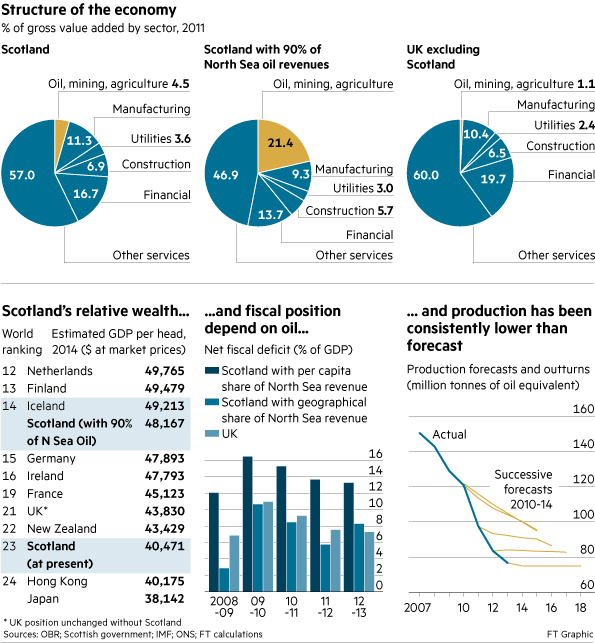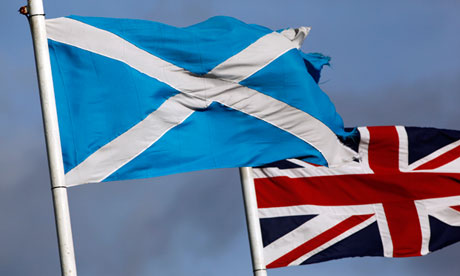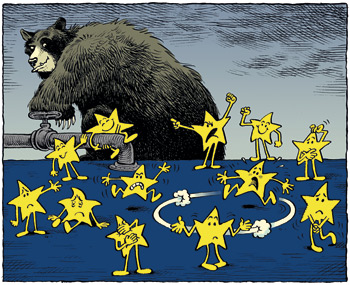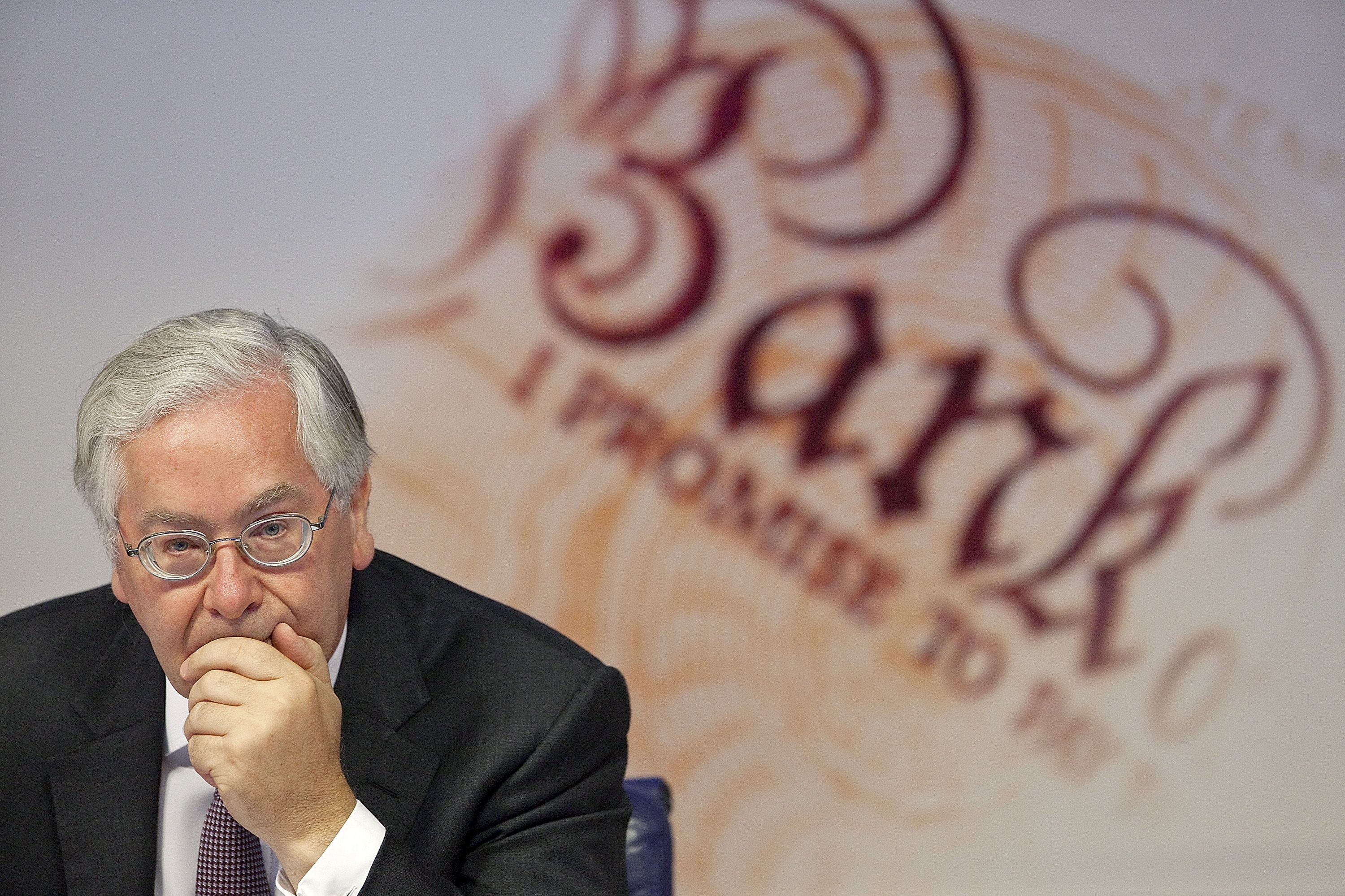So here is my last view of the referendum, I would like to
say that in all of my posts or comments on the Scottish vote, they have all
been taken from an economic & behavioural viewpoint.
The Currency
The UK will not enter a monetary union with Scotland
regardless of the debt levels, due to the fact it gives a major error to the UK
economy’s currency fluctuations. Also the Scottish economy will have to devalue
itself to become competitive. Establish trade agreements which we have no
knowledge of, seeing as Scotland’s requirements for EU membership do not exist
is a big risk, and puts Scotland in unknown territory.
The major issue is that if there is no currency union or even if there was, the deposits of every bank account in Scotland would no longer be guaranteed by the Bank of England.
So we can assume a new currency will be established and will
most likely be a pegged mechanism, that will see a central bank created with its own monetary policy. However this peg will require reserves of more
than 40 Bn GBP, in order to defend any currency attack. If it were to be mature and
stable the Hong Kong equivalent is 135 Bn GBP.
The local economy
For those people who feel Scotland will thrive within 3
years, will be sincerely disappointed and of course the UK will be worse off
without Scotland, because Scotland is bringing down their economy. Which investor in their right
mind desires to keep their assets in an area where uncertainty is
high, and that losses deem to be most certain.
Companies are scaring the Scottish public,and this is for a reason. It is that bad and these companies will be heavily taxed. They may still operate
in Scotland but they will not mind becoming more tax avoidant, as it will cost
less. Thus the Scottish economy will be relying more on income tax. Austerity will have to occur in the first year and the Scottish government would have to go to the money markets, though the money markets are highly unlikely to be friendly in the first 5 years.
Oil & current
world economic cycle
There are a few major issues with the commodities side. Oil
is a great thing, but bear in mind if your currency does not hold large
reserves... If an oil spike were to occur (which many economists will see as
being certain as gravity this winter), Scotland will have serious problems. Especially
as we are about to enter another recessive phase in the growth cycle. I take
this as it can already be seen from slowdowns in Chinese growth.
Chinese Economic
seriousness
China is looking more by every month of turning into a
Japanese economic cycle. The fear behind this is, is that is the debt burden http://time.com/3332552/china-japan-economic-crisis/
. What is more troubling is the heavy value the Bank of China have in US
Treasury Securities which they may sell, even more so now for Geo-Economic
strategy.
The UK Economy
The UK will be a separate country, whose obligations are to
help its own UK citizens and will rightfully do so. However Scotland
will be a foreign country and it will take some time to establish itself as a
working economy, and the UK will have its own problems to think about, due to
the serious loss of assets and investment which will have occurred. Nearly 1
Billion GBP left the economy last week, just due to the referendum.
The Geo political economic world.
From my previous post, the world looks like it is entering the brink again, thus for a new economy to prosper from this is looking rather doubtful.















